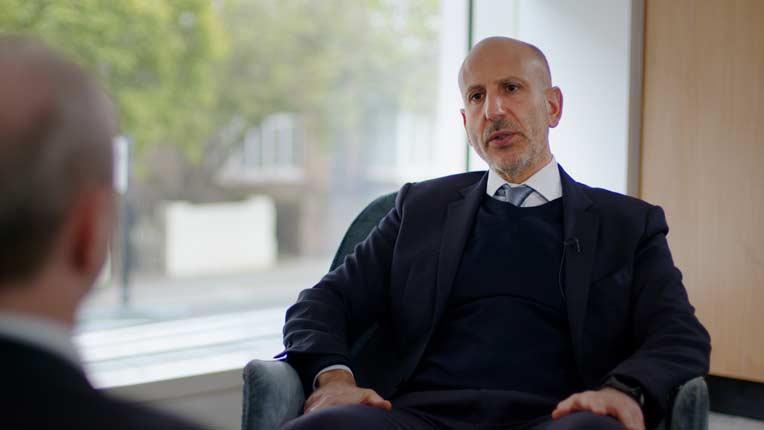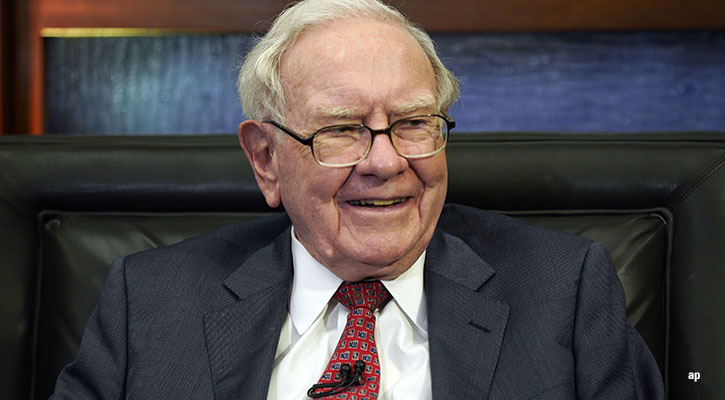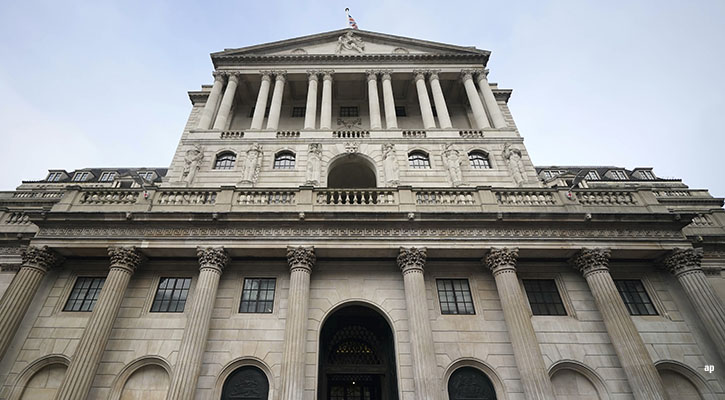Is Vanguard trying to buy iShares? If so, is it biting off more than it can chew?
The company isn't saying, but the Sunday Telegraph over the weekend reported Vanguard, one of the world's largest mutual fund companies, had made a $5 billion bid for Barclays' iShares, the biggest player in the exchange-traded fund market. The newspaper said Vanguard, which launched the first index fund in 1976, made the offer for the Barclays unit in recent weeks. Vanguard declined requests for comments on the report, which has been repeated widely.
If the report proves to be true, it would have serious ramifications for the ETF market and for Vanguard's culture. A deal would unite the first- and third-largest competitors in the ETF field. At the end of April, Barclays controlled 49% of the ETF market in the United States (where the market is more developed than in the United Kingdom), and Vanguard, which had ceded the ETF field to iShares earlier in the decade, had a little less than 10%, according to Morningstar fund flow data. Combined they would have about $312 billion, or nearly 60% of the US ETF market, based on April 2009 asset levels.
Such a merger could create anti-trust issues, according to Morningstar Director of ETF Analysis Scott Burns. The US ETF market could go from having three big providers--SPDRs, iShares, and Vanguard--to being dominated by two. Countering that concern is the fact that Vanguard has a history of reducing costs for investors and enhancing investors' experiences in every market they have entered, Burns said.
But the reputed deal also raises serious cultural and operational questions. The mutually-owned Vanguard operates at cost, so how would it come up with the money to make such a bid? What would making such an acquisition mean for expense ratios of the family's existing funds, some of which have seen increases this year due to shrinking asset bases caused by last year's severe market decline? The family, founded by mutual fund industry firebrand Jack Bogle in 1975, also is known for offering broadly diversified index and actively managed funds for rock-bottom fees, appealing to buy-and-hold investors, and for growing organically and responsibly. For the most part, Vanguard has avoided trendy or narrowly focused funds over the years.
Barclays' iShares offers many more narrowly defined ETFs than Vanguard, including single country and commodity ETFs, and has launched most of its 180 funds in the past nine years. IShares' ETFs have more appeal for more active traders than Vanguard's and typically are more expensive. The iShares Emerging Market fund, however, has nearly 10 times the trading volume of the Vanguard ETF, thanks in large part to the fact that it hit the market first.
It's not clear how the two cultures would meld. A grab for market share like this also would be the biggest break to date with some of the principles of Vanguard founder Bogle, who has long stressed that money managers should eschew asset gathering for asset gathering's sake. Rather he has long argued firms should "sell what they make" instead of "make what they sell." Bogle also was never a fan of Vanguard's decision to launch ETFs in the first place. Most investors shoot themselves in the foot with ETFs by trading too much and incurring transaction costs, he has argued. Indeed Bogle has likened ETFs to "beautiful shotguns" that are great for hunting, but also good for inflicting harm.
On the other hand, purchasing iShares would immediately make Vanguard a leader in the growing market for advisers who use ETFs in client portfolios. The family, which is dominant in the no-load mutual fund market, has been trying to make inroads with advisers in recent years, but the going has been slow. It also could bring lower fees and a more shareholder-friendly structure to iShares, while potentially increasing the trading volume and liquidity of its own ETFs. This could improve the overall experience of a huge swath of ETF investors.
Barclays agreed in April to sell iShares to private equity firm CVC Capital Partners for $4.4 billion. The deal, however, allows the bank to entertain other offers for the ETF family or other related businesses until June 18. In recent weeks, it's been widely reported that Barclays also is considering selling in one deal all of its Barclays Global Investors asset management business, which includes iShares.
Vanguard has been mentioned in previous news reports as a potential bidder, but this is the first time a dollar figure has been attached to the scuttlebutt.
























